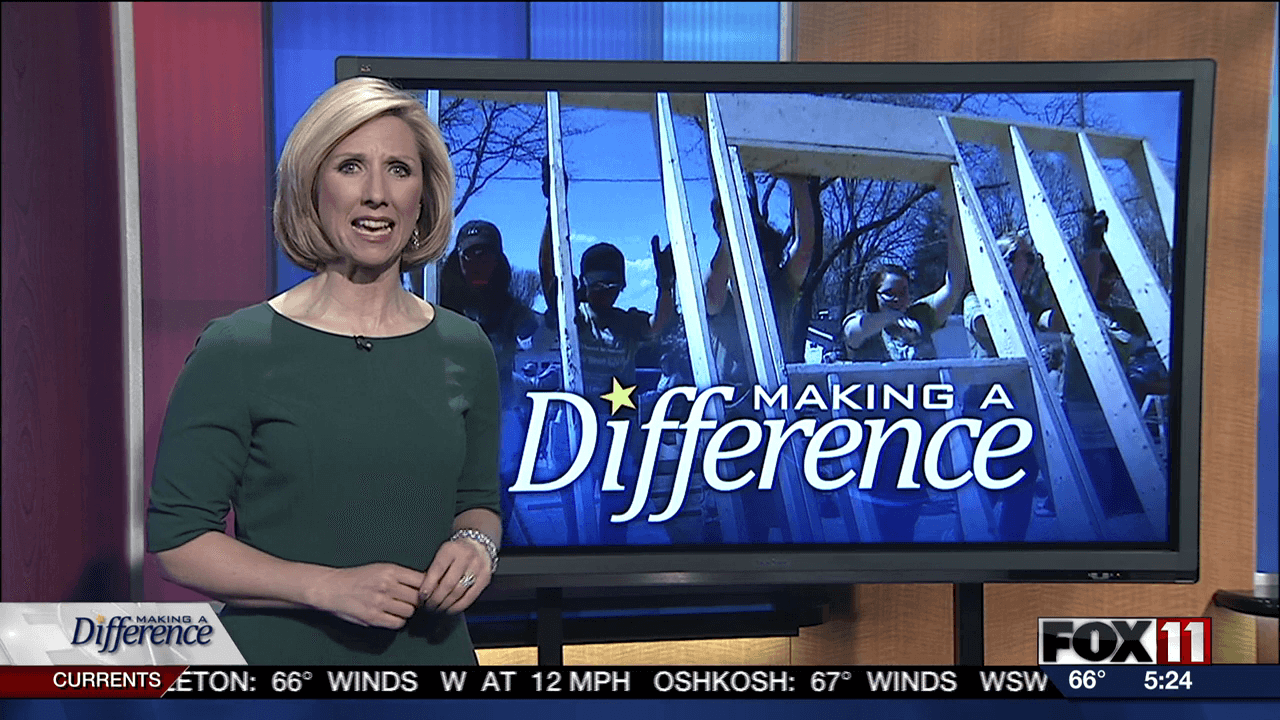Entertainment Journalism: Your Complete Path to a Media Career
Understand entertainment journalism
Entertainment journalism cover the vast world of movies, television, music, celebrity news, and pop culture. As an entertainment journalist, you will report on industry trends, interview celebrities, will review media content, and keep audiences will inform about the latest happenings in the entertainment world.
Unlike other journalism specialties, entertainment reporting frequently require a blend of news-gathering skills with a deep passion for and knowledge of pop culture. The field demand both critical thinking and creative storytelling to engage readers who are sought information about their favorite media and personalities.
Essential skills for entertainment journalists
Writing and communication
Strong writing skills form the foundation of any journalism career. Entertainment journalists must craft engage stories that capture the excitement of the entertainment world while maintain journalistic integrity. This is mean:
- Develop a clear, conversational writing style
- Master different content formats (reviews, interviews, news stories )
- Write compelling headlines that attract readers
- Edit your work for clarity and conciseness
Beyond writing, you will need excellent verbal communication skills for will conduct interviews. The ability to ask insightful questions, listen actively, and build rapport with interview subjects separate good entertainment journalists from great ones.
Industry knowledge
Deep knowledge of the entertainment industry is non-negotiable. This includes:
- Understand film, television, music, and other entertainment mediums
- Recognize key players, from on-screen talent to behind the scenes creators
- Follow industry trends and business developments
- Develop critical analysis skills for reviews and commentary
The virtually successful entertainment journalists are genuine fans who can translate their passion into informative, engaging content while maintain professional objectivity.
Digital media skills
Modern entertainment journalism exist principally in the digital space. Essential technical skills include:
- Basic photography and video production
- Audio recording and edit for podcasts or interviews
- Social media management and community engagement
- Content management systems and basic HTML
- SEO knowledge to ensure your work reach its audience
The ability to package stories across multiple platforms — from write articles to video segments to social media posts — make you more valuable to employers.
Educational pathways
Formal education
While not invariably require, a formal education provides valuable fundamentals. Consider these educational paths:
- Journalism degree: Provide core reporting skills, ethics training, and media law knowledge
- Communications degree: Offer broader media theory and practical communication skills
- Film studies or media arts: Builds critical analysis skills and industry knowledge
- English or creative writing: Develop fundamental writing abilities
Look for programs offer courses in entertainment reporting, pop culture analysis, or media criticism. The ideal program will include practical experience through student media outlets or internship opportunities.
Specialized training
Beyond traditional degrees, consider specialized training:
- Certificate programs in entertainment journalism
- Workshops on celebrity interview techniques
- Courses in digital content creation and social media management
- Film criticism or music journalism seminars
Organizations like the pointer institute, media bistro, and various journalism schools offer specialized training that can give you an edge in the competitive entertainment journalism market.
Build your portfolio
Start small
Before land major bylines, focus on build a diverse portfolio through accessible channels:

Source: leverageedu.com
- Campus media: Write for your school newspaper, radio station, or TV channel
- Personal blog: Create your own entertainment blog to showcase your voice and interests
- Local publications: Pitch entertainment stories to community newspapers or websites
- Guest posting: Contribute to established entertainment blogs as a guest writer
Each piece you create become evidence of your abilities and passion. Focus on quality over quantity — a few excellent articles demonstrate your potential better than dozens of mediocre ones.
Develop a niche
While versatility matters, develop expertise in a specific area can help you stand out. Consider specialize in:
- A particular medium (film, television, music, theater )
- A specific genre (horror movies, reality tTV indie music )
- Industry business coverage
- Celebrity profiles and interviews
- Cultural analysis and criticism
Your niche should align with your genuine interests and knowledge base. Authentic passion translate to more compelling content and can help position you as an authority in your choose area.
Gain professional experience
Internships
Internships remain one of the virtually valuable entry points into entertainment journalism. They provide:
- Hands-on experience in professional environments
- Mentorship from established journalists
- Understanding of editorial workflows and expectations
- Network opportunities with industry professionals
- Professional clips for your portfolio
Target internships at entertainment focus outlets like entertainment magazines, pop culture websites, television production companies, or the entertainment sections of major news organizations. Eventide general media internships can provide valuable experience if you can focus on entertainment coverage.
Freelancing
Freelance work build your portfolio while provide income and professional connections. To succeed as a freelancer:
- Research publications exhaustively before pitch
- Craft target, concise pitches that demonstrate knowledge of the outlet
- Meet deadlines systematically and deliver clean copy
- Build relationships with editors through reliability and professionalism
- Gradually target higher profile publications as your portfolio grow
Start with smaller publications that are more receptive to new writers, so leverage those clips to approach more prestigious outlets. Entertainment websites, local culture magazines, and regional publications oftentimes need freelance entertainment content.
Network in the entertainment industry
Professional organizations
Join industry organizations connect you with fellow journalists and potential mentors:
- Society of professional journalists
- Entertainment journalists association
- Television critics association
- Online film critics society
- Music journalists association
These organizations oftentimes offer professional development resources, job boards, and network events that can advance your career.
Industry events
Attend entertainment industry events provide opportunities to connect with sources and fellow journalists:
- Film festival
- Press junkets
- Industry conferences
- Award show press rooms
- Concert media events
Eventide without press credentials, many events have public components where you can make connections. Local film festivals, for example, oftentimes welcome aspire journalists and may be more accessible than major events like Cannes or sun dance.
Social media network
Strategic use of social media can build your professional network:
- Follow and engage with entertainment journalists, editors, and publications
- Share your work and thoughtful commentary on industry news
- Join entertainment journalism groups and discussions
- Participate in relevant Twitter chats or LinkedIn conversations
Social media allow you to demonstrate your knowledge and connect with professionals you might not differently meet. Many journalists have find mentors and job opportunities through thoughtful online engagement.
Land your first job
Types of entry level positions
Several roles can serve as stepping stones into entertainment journalism:
- Editorial assistant: Support editors with research and administrative tasks
- Production assistant: Work behind the scenes at entertainment news shows
- Junior reporter: Cover smaller stories and events
- Social media coordinator: Manage entertainment content across platforms
- Content writer: Create entertainment content for websites or publications
Each position offer different advantages and learn opportunities. Consider which path best aligns with your long term goals and strengths.
Job search strategies
Find opportunities require a multi faceted approach:
- Industry specific job boards (mmedia bistro journalismjobs.com)
- Company career pages for entertainment outlets
- LinkedIn and other professional networks
- Professional organization job listings
- Network with former internship supervisors and colleagues
Don’t limit yourself to traditional entertainment journalism outlets. Content marketing teams at entertainment companies, streaming platforms, and production studios oft hire writers with entertainment knowledge.
Craft a standout application
Your application materials should showcase both your journalism skills and entertainment knowledge:
- Resume: Highlight relevant experience, skills, and entertainment knowledge
- Cover letter: Demonstrate familiarity with the publication and explain your unique perspective
- Portfolio: Select diverse samples that showcase range and depth
- References: Include mentors or supervisors who can speak to your abilities
Tailor each application to the specific outlet, emphasize relevant experience and knowledge of their content style and audience.
Career advancement
Climb the editorial ladder
Typical career progression in entertainment journalism might include:
- Staff writer → senior writer → section editor → managing editor
- Reporter → correspondent → anchor (in broadcast )
- Content creator → content strategist → content director
Advancement come through systematically excellent work, develop specialized expertise, and take on increase responsibility. Express interest in leadership opportunities and seek mentorship from senior staff.
Develop a personal brand
As your career progresses, a distinctive voice and personal brand become progressively valuable:
- Cultivate a recognizable writing style or on camera presence
- Develop think leadership in your specialty areas
- Maintain an active professional social media presence
- Speak at industry events or on relevant panels
- Consider launch a newsletter or podcast to showcase your expertise
A strong personal brand create opportunities beyond traditional employment, include book deals, speak engagements, and consult work.
Navigate industry challenge
Maintain journalistic integrity
Entertainment journalism face unique ethical challenges:
- Balance access with critical coverage
- Navigate relationships with publicists and studios
- Distinguish between news and promotional content
- Handle confidential information and rumors responsibly
Establish clear personal ethical boundaries other in your career helps maintain credibility and professional respect. Remember that your reputation for integrity is your about valuable professional asset.

Source: brainstormhometuition.com
Adapt to industry changes
The entertainment journalism landscape continues to evolve apace:
- Traditional publications shift to digital formats
- Social media platforms become primary content distribution channels
- Video and audio content grow in importance
- Direct to consumer content from celebrities challenge traditional media
Successful entertainment journalists embrace these changes, unendingly develop new skills and explore emerge platforms. Adaptability may be the single virtually important trait for long term success in this field.
Final thoughts
Become an entertainment journalist require a blend of journalistic fundamentals, industry knowledge, and creative storytelling. The path isn’t constantly straightforward, but passion for entertainment combine with professional persistence can lead to a rewarding career cover the cultural moments that shape our world.
Start build your skills and portfolio today, evening in small ways. Every article you write, interview you conduct, and industry connection you make bring you one-step conclusion to your goal. The entertainment journalism world need fresh voices who can bring both expertise and enthusiasm to their coverage.



